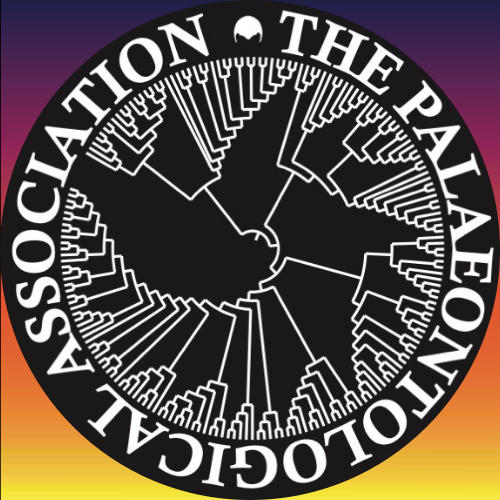Workshop
The workshop will run before the meeting as a virtual event on Friday 17th December: “Social Justice in Palaeontology: Case Studies & Future Actions” will be coordinated by Emma Dunne and Nussaïbah B. Raja. This virtual “workshop” will focus on a diverse range of topics relating to current ethical and legal issues in the field of palaeontology. Participants will be able to get involved in one of two ways: (1) by listening in to a series of talks and Q&A session on 17th December (14:00 UTC) or (2) by signing up to join a focus group (max. 30 participants). This workshop is open to all, you do not need to be registered for the Annual Meeting to join the presentation session on 17th December or participate in a focus group. To register for this workshop (deadline 16th December), or to sign up to be in a focus group (deadline 7th November) you can follow this link: Social Justice in Palaeontology: Case Studies & Future Actions.
Symposium
Before the main meeting, we will start on Saturday 18th December at 13.30 with a special thematic symposium ‘The Problem of Problematica: pushing the limits of the fossil record’. There will be talks from six international invited speakers addressing a broad range of topics, including geological, biological, ecological and taphonomic approaches to resolving the affinity and evolution of problematic fossil taxa, with important case studies from geological history. Current confirmed speakers include Heda Agić (University of California, Santa Barbara), Derek Briggs (Yale University), Abderrazak El Albani (Université de Poitiers), Xiaoya Ma (University of Exeter), Emily Mitchell (University of Cambridge), and Max Telford (University College London).
Annual Address
The Annual Address will be given on Sunday19th December at 16.00.
Decoding the evolution of form and function in the fossil record: why are animals shaped the way they are?
Prof. Emily J. Rayfield
University of Bristol, UK
Throughout their evolutionary history, animals have evolved a multitude of shapes and sizes. The focus of this seminar is how quantification of animal form and function in the fossil record can help address: Why are organisms shaped in the way they are? How and why does shape evolve? And what are the functional controls on form? I will discuss how imaging analysis combined with the application of biomechanical principles and computational methods drawn from engineering structural analysis can be applied to understand the function and evolution of animals. Fossils typically preserve only part of the puzzle; studies on living animals are also key, to provide the whole organism and phylogenetic context to form-function evolution. As the fields of palaeobiomechanics and organismal anatomy and comparative methods advance, there is great potential to synthesise multiple lines of evidence to better constrain and better understand the functional evolution of extinct animals. To demonstrate this multi-modal approach, I will present a case study on the function and evolution of the skull across the water to land transition, drawing on X-ray tomographic data, studies on extant musculoskeletal anatomy and in vivo function, computational analysis of function and morphometric and network analysis approaches.
The Palaeovision Fossil Contest 2021
The Palaeovision Fossil Contest returns in 2021, presented by Jack Matthews, Duncan Murdock, and the Palaeovision Team! The organisers report:
We are exciting to announce that the Palaeovision Fossil Contest will be returning for a fully online evening of fossiliferous fun. Join the live show at 7.30pm GMT (UTC) on Saturday 18th December to see this year's entries from around the world, and vote for your favourite. Who will be crowned Palaeovision Fossil of 2021? You decide!
Registration is free, and open to all. PalAss Annual Meeting registration not required. You can sign up here: Register for the The Palaeovision Fossil Contest 2021.

